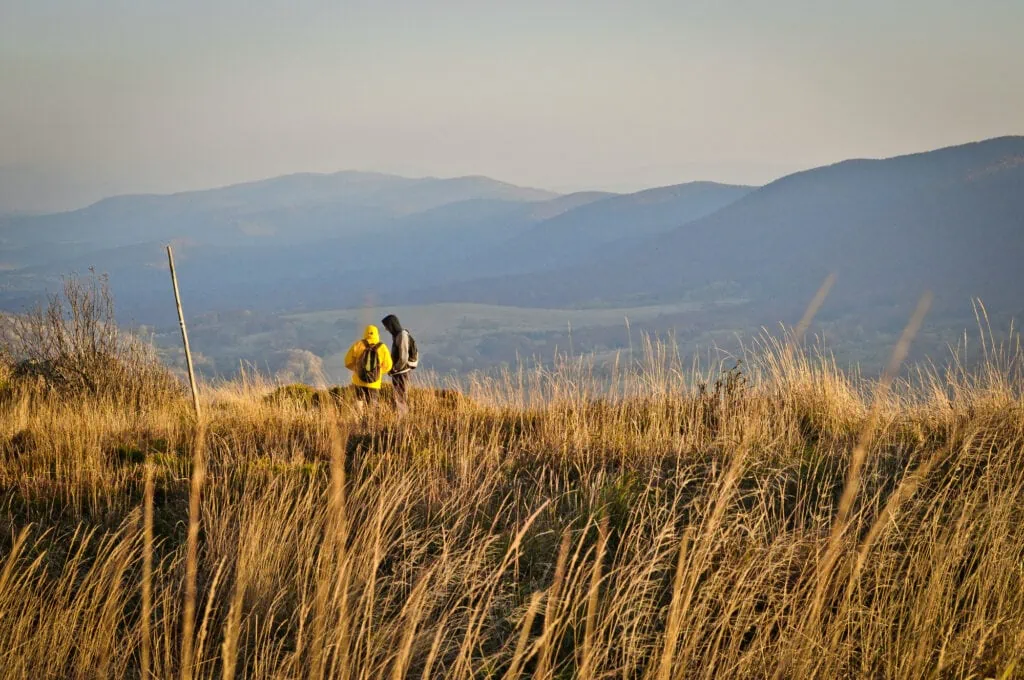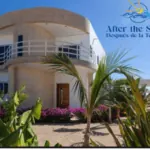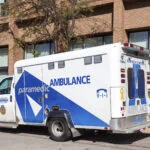Why Nature is So Powerful
Creating a fulfilling life, and fulfilling recovery, is a very personal thing and asks for a lot of introspection. Each persons’ life looks different, and everyone carries around a set of tools and resources to meet their unique needs. Thankfully, there is a free, powerful resource that can be used to strengthen one’s recovery, and it’s right outside your front door: nature.
Keep reading to learn more about how nature can support your recovery and the steps you can take to include the power of the great outdoors in your wellness and recovery plan.
The healing power of nature is intuitive. You walk into the woods and are immediately reminded of your connection to nature, what role you play in the natural world, and, maybe, how small you are compared to the breadth and tremendous force of nature. Much of humanity’s most celebrated and treasured artwork, novels, and poetry have been written about the natural world.
This feeling is backed by science. Studies have shown that people who spend time in nature, including parks, hiking trails, lakes, and other natural environments, are happier and report better health and greater feelings of well-being. Here are just some of the myriad ways nature can support your recovery.
1. The Outdoors Provide Stress Relief
Anyone who’s ever tried to change any behaviour can tell you that, especially at first, it can be stressful. If you choose to leave substances behind, there are all kinds of new things to learn – it can be comforting to know that some things remain constant. Rebuilding a life can be tough. In fact, the stress of recovery is sometimes why many people stay in active addiction longer than they want to.
Thankfully, relief can be found in many ways, and one of those is in nature. The recovering person can find healing and comfort in a walk in the woods, a picnic, or an outdoor recreational activity just to name a few. Finding alternative ways to manage stress during such a big transitional period is vital to creating new responses and reactions as opposed to turning to substances.
2. Nature Brings Social Activities
Often, during active addiction, substances tend to be the only focus. Hobbies, friends, and social activities are sacrificed in favour of substances. When choosing to make a change, many people find they have a lot of time on their hands. This free time can be almost overwhelming and can even lead to relapse due to boredom. Many people have reported that a great way they found to alleviate that boredom was being in the outdoors. Nature can provide many recreational activities. Winter sports in the colder months can be a lot of fun, and lounging by the beach or paddling on the lake in summer can also be a great way to spend free time.
3. A Sense of Connection Can Be Found in Nature
Addiction affects so many areas of life, one of these areas is spirituality. The word, spirituality, is twisted these days and used synonymously with anything from the supernatural (By that I mean ghosts) to religion, so please don’t let this word leave you feeling defended against it. The way I understand and use it, spirituality can be used more interchangeably with connection or, more existentially, purpose. An important part of recovery is exploring and defining purpose for you.
Nature plays a part in many belief systems the world over. Exploring spiritual activities and creating new rituals can often involve the natural world. You can capture this power for yourself and learn what type of relationship to spirituality you want to build into your life. This can be as simple as going for a walk outdoors or appreciating your what your sense of purpose is and how it is reflected in nature.
How to Use Nature to Support Your Recovery
Now that we know that nature can support your recovery, how can you incorporate the outdoors into the change you want to make in your life? Here are some activities you can do alone or with a support network.
- Go on hikes and nature walks – One of the best things about nature is that it’s free and often easily accessible. All you need to do is strap on a pair of shoes and get walking. North America has some beautiful parks and recreational areas.
- Join a sports club – Many sports clubs, like football, soccer, basketball, cross-country skiing, and so many more, meet regularly and in most cities. These sports clubs are fantastic for getting outside, getting some fresh air, and incorporating more social and physical activity into your schedule. Many are casual, so you don’t need to be a serious athlete to participate.
- Clean up your parks – If you want to give back to the world while enjoying nature, you can do park, beach, and trail cleanups. This doesn’t require much, just some basic walking gear and some trash bags.
- Have social outings with friends and family outdoors – Unfortunately, it seems like people are spending more time inside their homes and on their screens than ever before. To better connect with friends and family, start meeting outside. You can meet at parks, at lakes, or anywhere convenient. Go for a walk on a trail to catch up with a friend and genuinely connect with them. Instead of taking your kids to an indoor playpark, take them on a nature hike.
- Pick up an outdoor hobby – There is a wealth of engaging outdoor activities you can participate in that are fun, enjoyable, and provide some light exercise. Not every activity has to be a strenuous mountain hike or bike ride. These activities can include bird watching, geocaching, photography, fishing, nature painting, and more.
Conclusion
Hopefully you gained a little more insight into how the great outdoors can support your recovery. Building the change we want to make is about getting creative and finding what works for you. Try different activities to see what might be sustainable and supports your sense of wellness and well-being on your journey.
If you live in the Vancouver, B.C. area and are interested in learning more about building your recovery plan along with a trained and empathetic addictions counsellor, contact Hard Road Counselling today.







